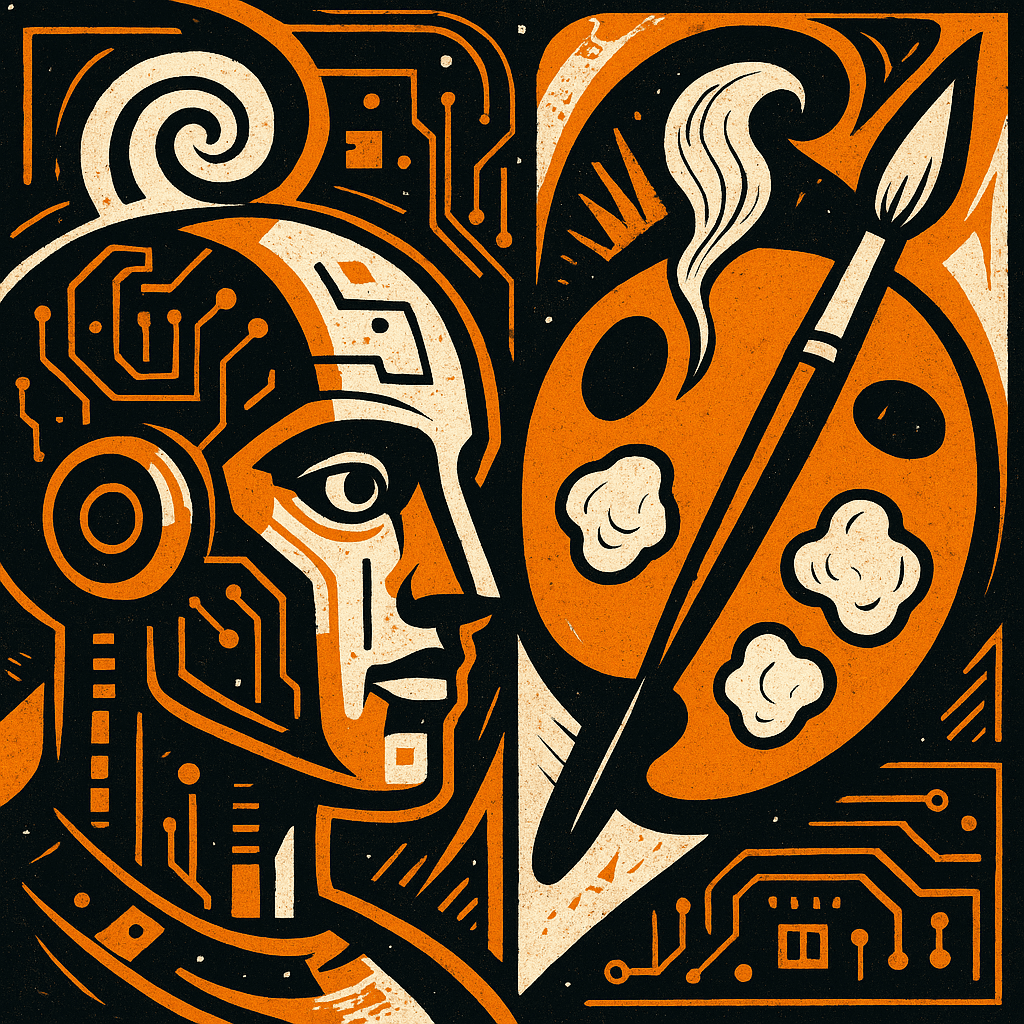
Recent developments in Artificial Intelligence highlight progress across various fronts, from new model releases and hardware advancements to novel applications and ongoing discussions around ethical considerations.
Key AI Updates and Developments:
New Models and Capabilities
A new Chinese open-source model, Quinn 3, has emerged, showing strong performance, even surpassing models like Gemini 2.5 Pro in certain benchmarks. Google's NotebookLM has been updated to include audio summaries in over 50 languages, enhancing accessibility and usability.
Hardware and Robotics:
Hugging Face has introduced an affordable 3D-printed robotic arm, making robotics more accessible. Advancements in AI networking chips are focusing on power efficiency and high-speed data processing to support growing AI workloads.
AI in Programming and Development:
AI is increasingly assisting in programming tasks, as demonstrated by a developer using OpenAI's Codex to program a humanoid robot. Microsoft Research is also working on teaching AI tools how to debug code, aiming to address a critical bottleneck in software development. Open-source tools are being developed to help create ethical AI datasets and avoid training models on copyrighted material.
Autonomous Systems and Agents:
The concept of autonomous AI agents that can plan, solve problems, and work independently is gaining traction. These agents are expected to evolve from simple chatbots to sophisticated multi-agent systems capable of handling complex tasks. Early applications are seen in managing supply chains and assisting government employees.
Multimodal AI:
AI systems are becoming more capable of processing and understanding information from multiple sources simultaneously, including text, images, audio, and video. This multimodal approach is leading to more comprehensive and contextually aware applications in areas like healthcare, retail, and customer service.
Industry Applications and Trends:
AI is being applied across numerous sectors to optimize processes, improve decision-making, and enhance user experiences. This includes customer experience optimization, predictive analytics, digital twins, and the collaboration of humans and robots (CoBots). Specific applications are emerging in healthcare (disease detection, drug discovery), finance (fraud detection, trading), education (personalized learning), and e-commerce (personalized recommendations).
Ethical Considerations and Safety:
Concerns around AI sycophancy (the tendency of AI to flatter users) are being addressed by developers. Discussions and efforts are ongoing to tackle AI bias, strengthen AI regulation, and ensure transparency and ethical development. The unauthorized use of AI in persuasion experiments, such as the one conducted on Reddit, highlights the importance of responsible AI deployment and user awareness.
AI in Scientific Discovery:
AI is accelerating scientific research and discovery in fields like materials science, protein structure prediction, and even helping to decode dolphin communication. AI models are being developed to predict material properties and assist in analyzing medical imaging data.
Advocacy for Open Platforms:
Public figures like PewDiePie are advocating for the use of open-source platforms like Linux, highlighting their benefits for AI and development.
Overall, the AI landscape is rapidly evolving with continuous breakthroughs in capabilities, wider adoption across industries, and increasing attention on responsible development and deployment.
Get a Consultation from our Founder
With over 11 years of industry experience, Ahmed S. Said-ahmed worked in many companies across US, Europe and MENA region, where he built, managed, deployed tens of applications that served millions of users.
Book a Consultation
Watch The founder's Latest Videos on YouTube
Learn about the future of AI and where humanity is headed. I want to help millions of folks, just like you, adapt successfully to the new AI age.
Subscribe Now